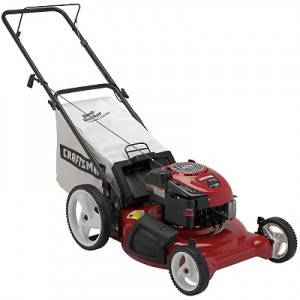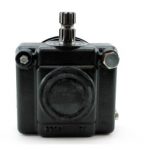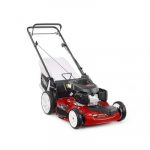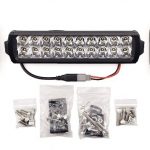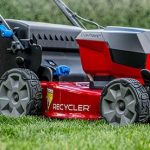Lawn mowers and sound go together like bread and butter; it is for this reason that we recommend wearing hearing protection at all times. No matter what, your mower will make a great deal of sound. That said, you need to be able to distinguish between healthy and unhealthy sounds. Indeed, if you keep mowing while your mower is making a noise that is unhealthy, you can cause major damage to your mower. In this post, we review some of the unhealthy sounds that your mower might make, as well as how you can fix them yourself.
Squealing
First of all, one of the most common sounds that a mower makes is a squealing sound. This tends to happen when your mower needs oil or if the bearings need to be replaced. Be sure to lubricate your bearings on a regular basis in order to prevent squealing.
Rattling sound
While it is certainly necessary for you to address squealing, it is not as serious an issue as other sounds that your mower might make. One of the more serious noises is a rattling sound, as this can signify that you have loose parts that might come dislodged. The minute you hear rattling, it is imperative that you tighten the blade, flywheel, and other parts. More importantly, it is crucially necessary that you do not continue to ride your mower after hearing a rattling noise, as this can result in a part coming dislodged.
Vibrating
If you hear a vibrating sound, this can mean that you have a bent blade. In the event that this occurs, you probably need to replace the blade (if your mower has two blades, replace both.) At the very least, rotate the blade with the mower on its side, making sure that it is tight.
Percussive sound
Should you hear a deep, percussive sound from your mower, this probably means that you have debris under your deck. Take of the deck and check for twigs, bunched-up grass, etc. that might have gotten caught in the exit charge.
As you can see, there is a vast array of unwanted sounds that your mower can make, and you need to be aware of what they mean so that you can troubleshoot them appropriately. To protect your mower, be sure to clean up the mower at the start of each season. Change the oil, clean and change the air filter, and clean and change the spark plugs before mowing your lawn each Spring. Through protecting your mower against harmful sounds, you can take pleasure in the natural sound of a well-functioning mower.

